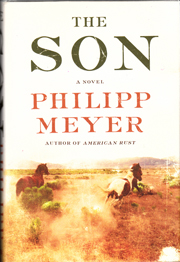 Giant? Lonesome Dove? Saddle up for quite a ride and make room on the bookshelf and inevitably on the big screen for The Son, an epic Texas saga written by Phillip Meyer.
Giant? Lonesome Dove? Saddle up for quite a ride and make room on the bookshelf and inevitably on the big screen for The Son, an epic Texas saga written by Phillip Meyer.
Already being hailed as an American classic, the narrative of The Son is woven through alternating chapters by three members of the McCullough family: Eli, born in 1836; Eli’s son Peter, born in 1870; and Jeannie, or J.A., granddaughter of Peter, born in 1926 and heir to the McCullough empire.
Taken captive at 13 by marauding Comanches, who slaughter his mother and sister, Eli McCullough adapts quickly to Indian life, and five years later readjusts to white society as a member of the Texas Rangers, who employ some of the savage tactics of Comanche raiders.
“My father was not religious and I attribute my heathen ways to him,” says Eli with irony and insight, early in the novel.
By the time of his death in 1936, Colonel Eli McCullough is patriarch of an extensive empire of cattle and oil wells. Readers familiar with Texas history will not be surprised to find names such as Mackenzie, Goodnight, Reynolds, Kenedy, Kleberg and King Ranch threaded into the narrative.
With riveting drama and consummate detail, The Son offers a stunning panorama of Texas history as seen through a flawless lens.
Here are some excerpts from the book –
Eli McCullough
By the end of summer (1860), most Texans were certain that if slavery was abolished, the whole of the South would Africanize, no proper woman would be safe, amalgamation would be the order of the day. Though in the next breath they would tell you that the war had nothing to do with slavery. It was about human dignity, self-governance, freedom itself, the rights of the states; it was a war to keep us free from the meddling hand of Washington. Never mind that Washington had kept us from becoming part of Mexico again. Never mind they were keeping the Indians at bay.
Diaries of Peter McCullough, March 25, 1917
Drought is back but cattle remain high due to war. Woke up after a night of vivid thought, pulled the curtains expecting the green country of my youth and of my dreams. But with the exception of the area around the house, there was nothing but sparse brittle grass, thorny brush, patches of bare caliche. My father is right: it is ruined forever, and in a single generation.
Jeannie McCullough, 1942:
“So we should drill?”
“Of course we should drill. How your father can be thinking of cows is a mystery. Every bit of profit we made in the old days was based on overstocking, on using up a thousand years of grass in a decade…it was mining for grass. But facts are boring, especially to men like your father. Because what does every coonass wildcatter do when he makes his first million? He buys a ranch and stocks it with Herefords, in the same way he acquires a Packard or a beautiful wife. Though he does not expect any of them to be profitable investments.”
J.A. McCullough:
As for [the assassination of] JFK, it had not surprised her. The year he died, there were still living Texans who had seen their parents scalped by Indians. The land was thirsty. Something still primitive in it…A man, a life – it was barely worth mentioning. The Visigoths had destroyed the Romans, and had themselves been destroyed by the Muslims. Who were destroyed by the Spanish and Portuguese. You did not need Hitler to see that it was not a pleasant story.
